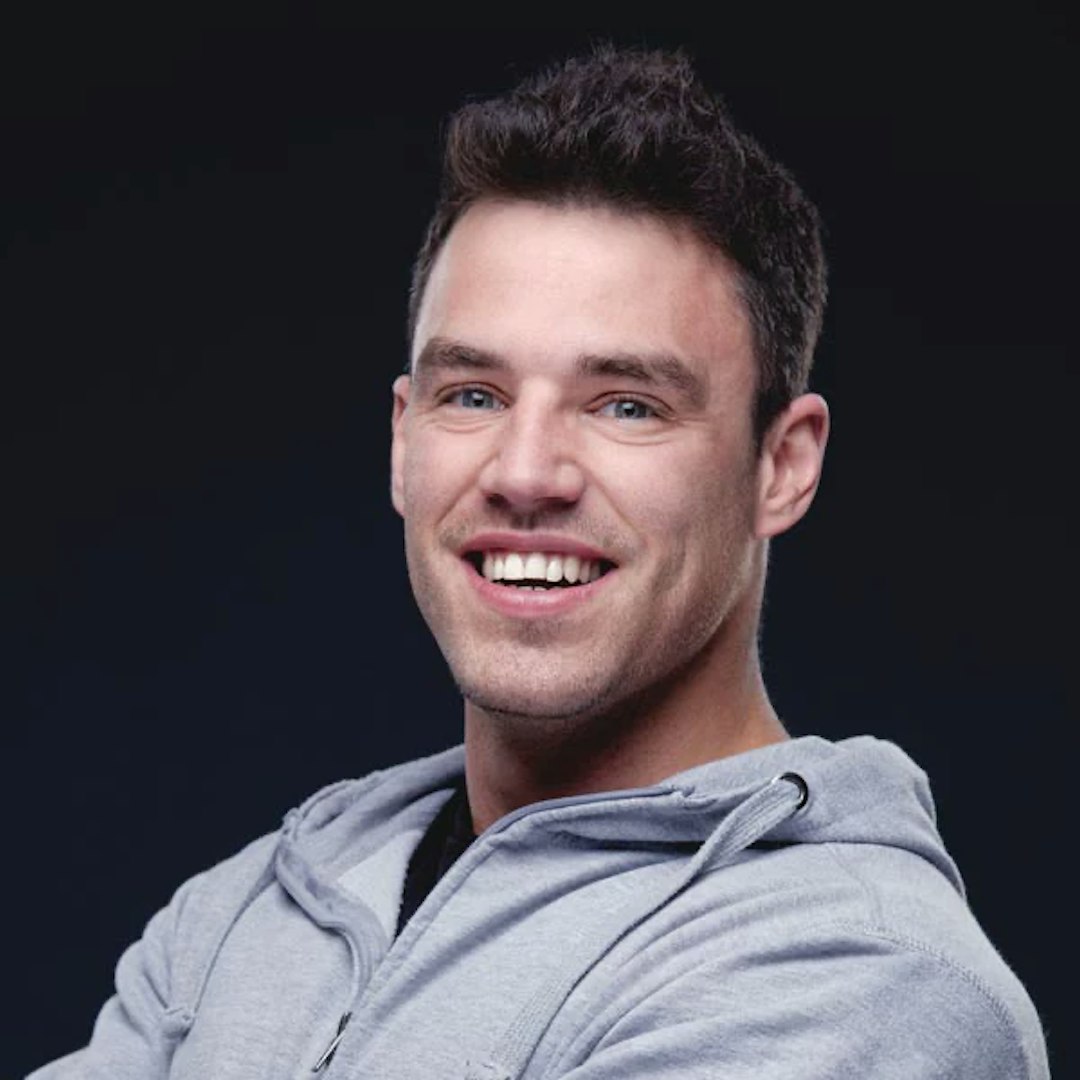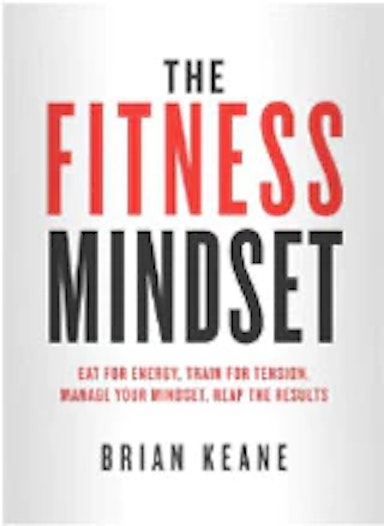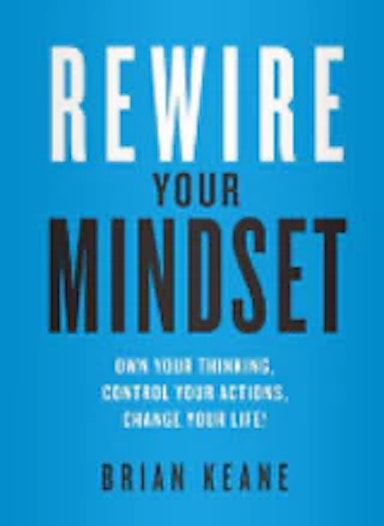How To Design Your Own Diet Plan!
- By Brian Keane
This week’s video talked about creating your own training program. The next logical question is, can I do the same for diet? The answer, of course, is yes.
Lets get to it.
Calories calculated.. check.
Macro nutrients in balance.. check.
Training program created.. check..
Supplements that ‘supplement’ what I’m missing in my diet.. check.
Okay, now we’re ready to start.
Designing your own diet plan doesn’t have to be that difficult. True, everything mentioned above is important to consider; but there’s really only three components you need to factor in order to create your diet plan. I mentioned in the nutrition section of my first book ‘The Fitness Mindset’ that the best diet is one that:
- Is in alignment with your end goal
- Includes foods you enjoy
- You can stick to long term
If you hit all three of those components, the frequently asked questions ‘what’s the best diet?’ becomes a moot point. It changes to finding what works best for you. However, there are some points to consider when creating your own diet plan.
1: Goals and how to calculate calories
Once you are clear on your end goal – to lose weight, reduce body fat, improve energy, build muscle, tone up etc. – then you can start to create a diet plan that reverse engineers that.
Before you get into the weeds with macronutrient or how many carbs or how much protein you should eat, the foundation pillar of any plan are your calories.
If you want to lose body fat, you need to get into a calorie deficit (you eat less calories than your maintenance i.e. the amount you need to stay the same weight). If you want to get bigger or increase muscle mass, then you should consider a calorie surplus (eating more calories than your maintenance).
I can’t tell you how many calories you should or shouldn’t eat, that’s for you or your coach to figure out based on your individual goals, but hopefully this gives you a kick start.
How to calculate calories: this varies greatly but for simplicity sake, here is my ‘go to’ model when finding your baseline or maintenance calories.
Use any basic BMR calculator and use that number as your starting point. Its worth noting that this number skews up or down based on what website you use, but its better than randomly throwing darts at a number to find your maintenance calories, so we’ll keep it.
Your BMR number is normally a low number – I like to think of it as the number of calories your body and brain requires if you lay in bed all day without moving. Its not 100% accurate, but now we have a number to start with.
The next step is factor in your lifestyle. If your BMR number is 1,500 kcals and you work a job where you move a lot, you’re going to increase this number by 300-500kcals (due to the energy expenditure of moving frequently). If you work a desk job and rarely get up throughout the day, you might increase it by 100kcals or so.
Lets say your BMR number is 1,500 kcals. You add another 100 kcals for your commute to work, moving around all day etc. That means that your maintenance calories (the amount you need to stay the same weight) is 1,600 kcals.
To get into a calorie deficit, we either eat less than that number of calories or you get your deficit from training (or a combination of both).
For more on this, check out the short 8 minute podcast on ‘Does Your Calorie Deficit Include Or Exclude Exercise’
That’s calories explained in a nutshell. Eat too many, you gain weight. For 99 out of 100 people, it’s that simple. Which brings me to my next point. Your lifestyle.

2: Your lifestyle
I could have called this point ‘adherence’, as the diet you can stick is the key for success with any plan.
However, you need to consider your own personal circumstances. For example, I train early in the morning and don’t fancy getting up at 3am to eat a meal, so I do intermittent fasting. Is intermittent fasting the best strategy for everyone? No. But does it work for me with my early morning training lifestyle, yes.
Any diet you design or follow needs to fit into your lifestyle, if it doesn’t, you’re eventually going to fall off the wagon with it. That fall is greatly accelerated if you don’t nail the next point.
3: Includes foods you enjoy
If you want to lose weight- eating chicken, broccoli and salad three times a day will work for most people. The calories are low, the nutrients are decent and the protein is adequate; but if you hate those foods, you might be able to stick it for a week, maybe even 3 or 4 weeks, but eventually you’ll give it up.
The sustainability element of any diet comes down to the ‘enjoyment factor’.
From example, in my recent BKF Online Program (the program I coach on directly), one of my girls told me she hated Greek yoghurt and asked if she could swap it for soya yoghurt.
My answer was and always will be ‘lets adjust the plan and factor it in’- is soya yoghurt as nutritional dense or as high in protein as Greek yoghurt, no. But could my girl stick to eating Greek yoghurt for the rest of her life? Also, no. True, she might have stuck to it for phase 1 of the program, which runs for 6 weeks, but what happens after that? She goes back to eating the foods she enjoys. Telling her ‘to just stick to the plan’ makes me a bad coach.
Of course, context matters here–she wasn’t trying to substitute a McDonalds Big Mac for Greek Yoghurt; but you hopefully get the idea.
The key to long-term success is to not feel like you’re on a diet. If in 3, 6 or even 12 months time, you hit all three of the points mentioned above, the ‘diet’ you’re following just becomes the way you eat and the positive compound effect of those choices add up over time making hitting any end goal significantly easier.

And as I mentioned in the training video as the top of the post, if all else fails, hire a coach or a trainer who can help get you to your end goal faster. That’s not to say you can’t do it all yourself, you 100% can, but a good coach or trainer (whoever that is for you) should help you reach your end goal faster but taking the guess work out of it.
I hope you enjoyed today’s post and be sure to hit me on Instagram or tag it on your stories if this blog post helped you.



